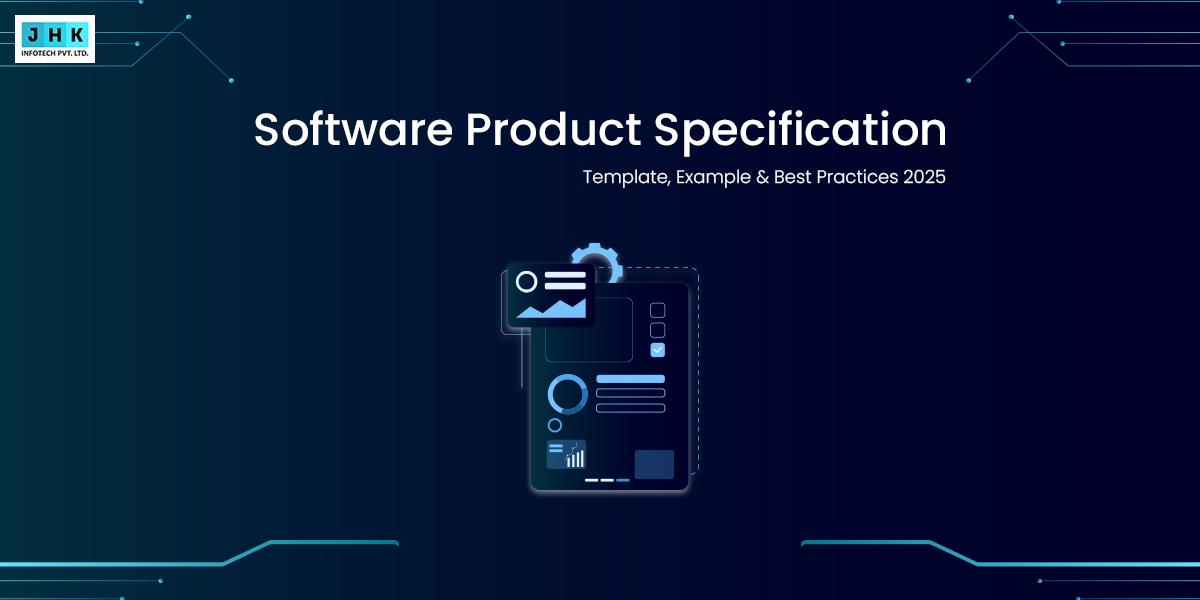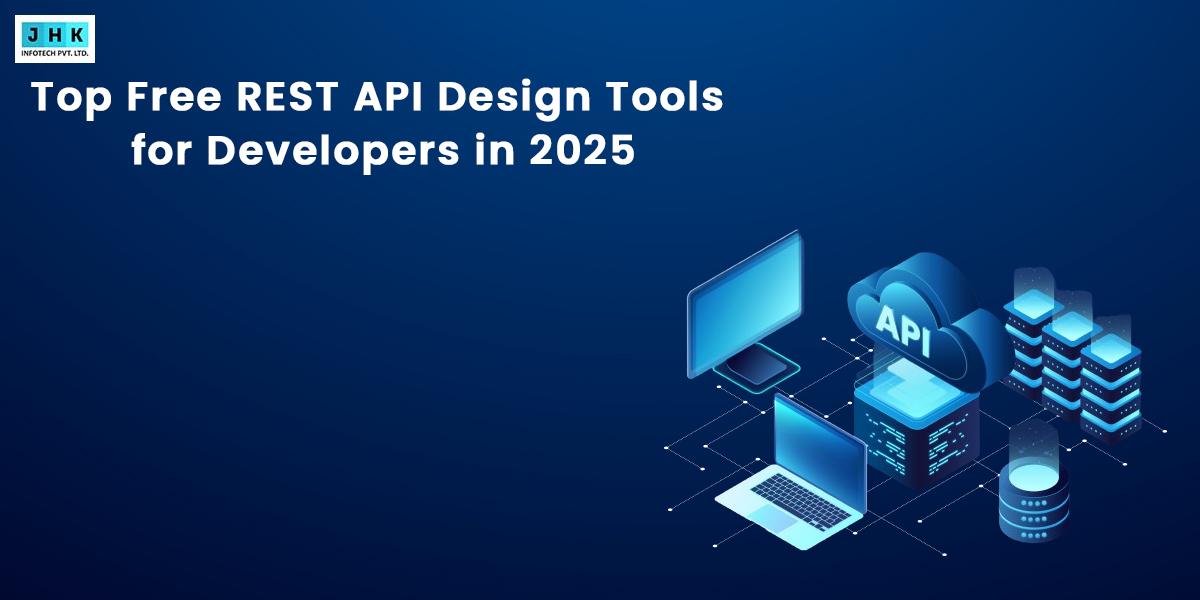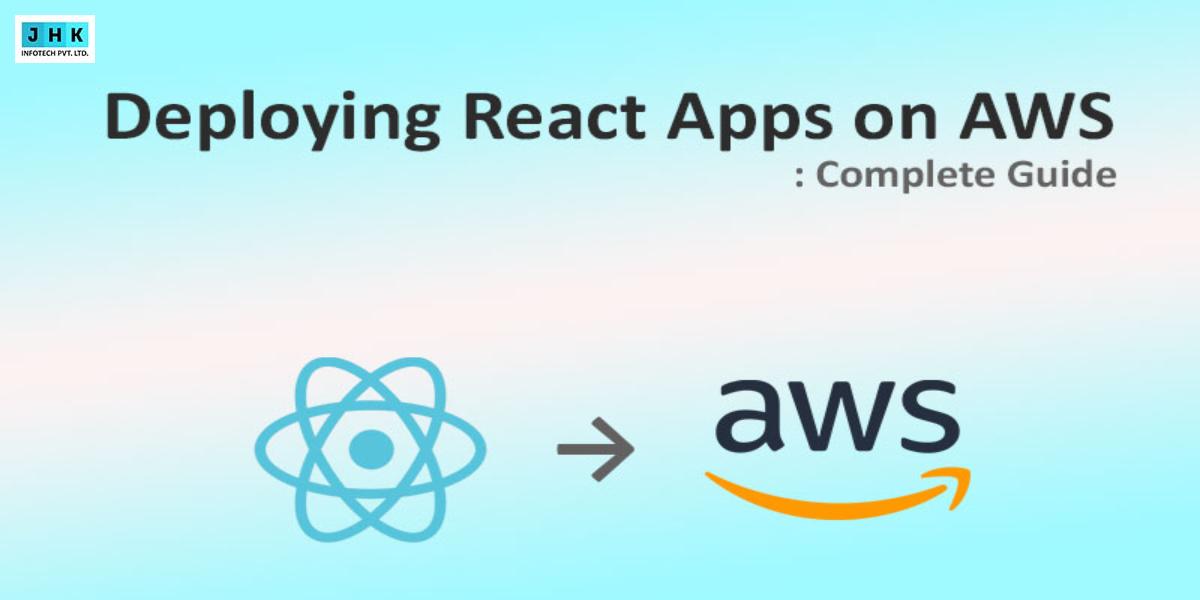The Future of IoT Mobile Apps: What to Expect

The future of IoT Mobile App is on the cusp of a groundbreaking transformation. As the digital landscape evolves, these apps are set to redefine how we interact with the world around us. From smart homes to personalized healthcare, the potential of IoT Mobile Apps is vast and growing. So, what implications does this hold for businesses and developers? The integration of 5G, AI, and edge computing is propelling IoT Mobile Apps into a new era, where speed, efficiency, and user-centric experiences will dominate. The critical question now is: are you prepared to harness the forthcoming wave of innovation?
Setting the Stage: The Rapid Growth of IoT and Mobile Apps
The Internet of Things (IoT) has evolved from a futuristic concept into a transformative force shaping industries worldwide. At its core, IoT connects devices, enabling them to share data seamlessly and intelligently. When paired with mobile apps, IoT unlocks unprecedented potential, offering users real-time control, insights, and convenience. From smart thermostats to wearable health trackers, IoT mobile apps are becoming indispensable tools in daily life.
Why IoT Mobile Apps Are Pivotal for the Connected Future
As the digital and physical worlds merge, IoT mobile apps serve as bridges, enabling interaction with connected ecosystems. Their importance lies not just in user convenience but in driving efficiency and innovation across industries. In an era of hyper-connectivity, IoT mobile apps are laying the foundation for smart cities, sustainable development, and personalized consumer experiences.
The Current State of IoT Mobile Applications
Key Industries Leveraging IoT Mobile Apps
IoT mobile applications have found their way into diverse sectors, each harnessing their capabilities in unique ways. Healthcare uses IoT apps for remote patient monitoring and diagnostics. The logistics industry streamlines operations through real-time tracking and predictive maintenance. Meanwhile, agriculture benefits from IoT apps by optimizing irrigation and crop management, while retail uses them to enhance customer engagement through personalized shopping experiences.
Major Technologies Driving IoT Mobile App Development
At the heart of IoT mobile app development lie several key technologies. Sensors and actuators capture data from the physical environment, while cloud computing provides the infrastructure for data storage and processing. Machine learning and artificial intelligence analyze this data to deliver actionable insights. Additionally, advances in communication protocols such as Bluetooth Low Energy (BLE) and Near Field Communication (NFC) facilitate seamless connectivity between devices.
Emerging Trends in IoT Mobile Apps
The Role of 5G in Accelerating IoT Mobile Applications
The advent of 5G has revolutionized IoT, offering faster data transfer rates and reduced latency. This leap enables IoT apps to perform real-time analytics and support mission-critical applications like autonomous vehicles and remote surgery. With 5G, IoT apps can seamlessly manage vast networks of connected devices, ensuring scalability and reliability.
AI Integration: Smarter IoT Apps for Enhanced User Experiences
Artificial intelligence is the brain behind smarter IoT apps. By integrating AI, these apps can predict user behavior, automate responses, and provide personalized recommendations. For instance, a smart home app can adjust lighting and temperature based on user preferences, creating a seamless and intuitive experience.
Edge Computing: Reducing Latency and Enhancing Performance
Edge computing brings data processing closer to its origin, significantly minimizing latency while enabling swift and precise real-time decision-making. For IoT apps, this means faster response times and lower dependence on cloud infrastructure. Applications like autonomous drones and smart traffic systems particularly benefit from this trend.
Blockchain for IoT Security and Transparency
Blockchain technology addresses critical security challenges in IoT ecosystems. By offering decentralized and tamper-proof data storage, blockchain ensures transparency and prevents unauthorized access. IoT apps for supply chain management, for example, use blockchain to track goods securely from origin to destination.
Sustainability Trends in IoT App Development
Sustainability has become a guiding principle in IoT app development. From energy-efficient designs to apps promoting resource conservation, IoT mobile solutions are aligning with global efforts to combat climate change. These apps empower users to monitor energy consumption and reduce carbon footprints effectively.
Industry-Specific Innovations in IoT Mobile Apps
Healthcare Revolution: IoT Apps in Telemedicine and Patient Monitoring
IoT mobile apps are redefining healthcare by enabling remote monitoring of patients. Wearable devices connected to apps track vital signs, while telemedicine platforms facilitate real-time consultations. These innovations are bridging gaps in healthcare accessibility and improving outcomes.
Smart Homes: Creating Personalized and Automated Living Spaces
Smart home IoT apps allow users to control appliances, lighting, and security systems from their smartphones. Features like voice integration and AI-powered automation make homes more energy-efficient and personalized.
Logistics and Transportation: Streamlining Supply Chains with IoT Apps
In logistics, IoT apps provide real-time tracking of shipments, reducing delays and losses. Predictive analytics powered by IoT help optimize routes and schedules, significantly improving efficiency.
Agriculture: IoT Apps Enabling Smart Farming Practices
IoT mobile apps are revolutionizing agriculture by offering insights into soil health, weather conditions, and crop performance. These apps enable farmers to optimize resource use, increase yields, and minimize environmental impact.
Retail Transformation: Enhancing Customer Experiences with IoT Mobile Solutions
Retailers are leveraging IoT apps to deliver personalized shopping experiences. From tracking inventory to providing tailored recommendations, these apps are reshaping how consumers interact with brands.
Challenges in IoT Mobile App Development
Addressing Privacy and Security Concerns in IoT Apps
The immense volume of data generated by IoT devices presents profound challenges to privacy, sparking considerable concern. Developers must implement robust encryption and secure communication protocols to protect user data.
Overcoming Interoperability Issues Among IoT Devices
With devices from different manufacturers entering the IoT ecosystem, ensuring seamless communication is a challenge. Standardized protocols and APIs are essential to overcoming interoperability hurdles.
Managing Data Overload: Storage and Analytics Solutions
IoT generates an overwhelming volume of data. Effective data management strategies, including cloud and edge storage solutions, are crucial to ensure the scalability and efficiency of IoT apps.
The Influence of Developers in Forging Tomorrow’s Innovations
Essential Skills for IoT App Developers in a Competitive Landscape
Developers must master skills like embedded programming, data analytics, and cybersecurity to excel in IoT app development. Staying updated with emerging technologies is equally critical.
Best Practices for Developing Scalable IoT Mobile Applications
Building scalable IoT apps requires modular designs, efficient coding practices, and rigorous testing. Developers should prioritize user-centric designs to ensure widespread adoption.
Collaboration Between Developers and Stakeholders for Better Outcomes
Effective IoT app development relies on collaboration between developers, businesses, and end-users. By aligning objectives and fostering communication, stakeholders can ensure the app’s success.
The Economic Impact of IoT Mobile Apps
Driving Business Growth with IoT-Powered Mobile Solutions
IoT mobile apps are driving growth by improving operational efficiency, reducing costs, and enhancing customer engagement. Businesses adopting IoT solutions gain a competitive edge in the market.
The Potential of IoT Apps to Create New Revenue Streams
From subscription-based models to data monetization, IoT apps are unlocking new revenue streams. These opportunities position IoT as a critical driver of economic transformation.
The Ethical Considerations of IoT Mobile App Expansion
Balancing Data Collection with User Consent
IoT apps must balance innovation with ethical data practices. Transparent data collection policies and user consent mechanisms are vital to maintaining trust.
Ensuring Accessibility and Inclusivity in IoT Mobile Solutions
Developers must design IoT apps that are accessible to diverse populations, including those with disabilities. Inclusivity is not just ethical but also expands the app’s user base.
Predictions for the Next Decade
The Future of Wearables and IoT Integration
Wearables are becoming smarter, integrating seamlessly with IoT ecosystems. These advancements promise to revolutionize healthcare, fitness, and personal productivity.
How IoT Mobile Apps Will Redefine Personal and Professional Life
IoT mobile apps will transform how we interact with technology, making life more automated and efficient. From intelligent work environments to tailored educational platforms, the potential knows no bounds.
The Role of IoT Apps in Building Smarter Cities
IoT apps are the backbone of smart cities, enabling efficient energy use, waste management, and public safety. These apps will play a pivotal role in creating sustainable urban environments.
Final Thought
The future of IoT mobile apps is brimming with potential. By embracing emerging trends and overcoming challenges, developers and businesses can harness IoT’s transformative power.
Staying ahead in IoT development requires continuous learning, strategic planning, and a commitment to ethical innovation. The time to invest in IoT mobile apps is now.










